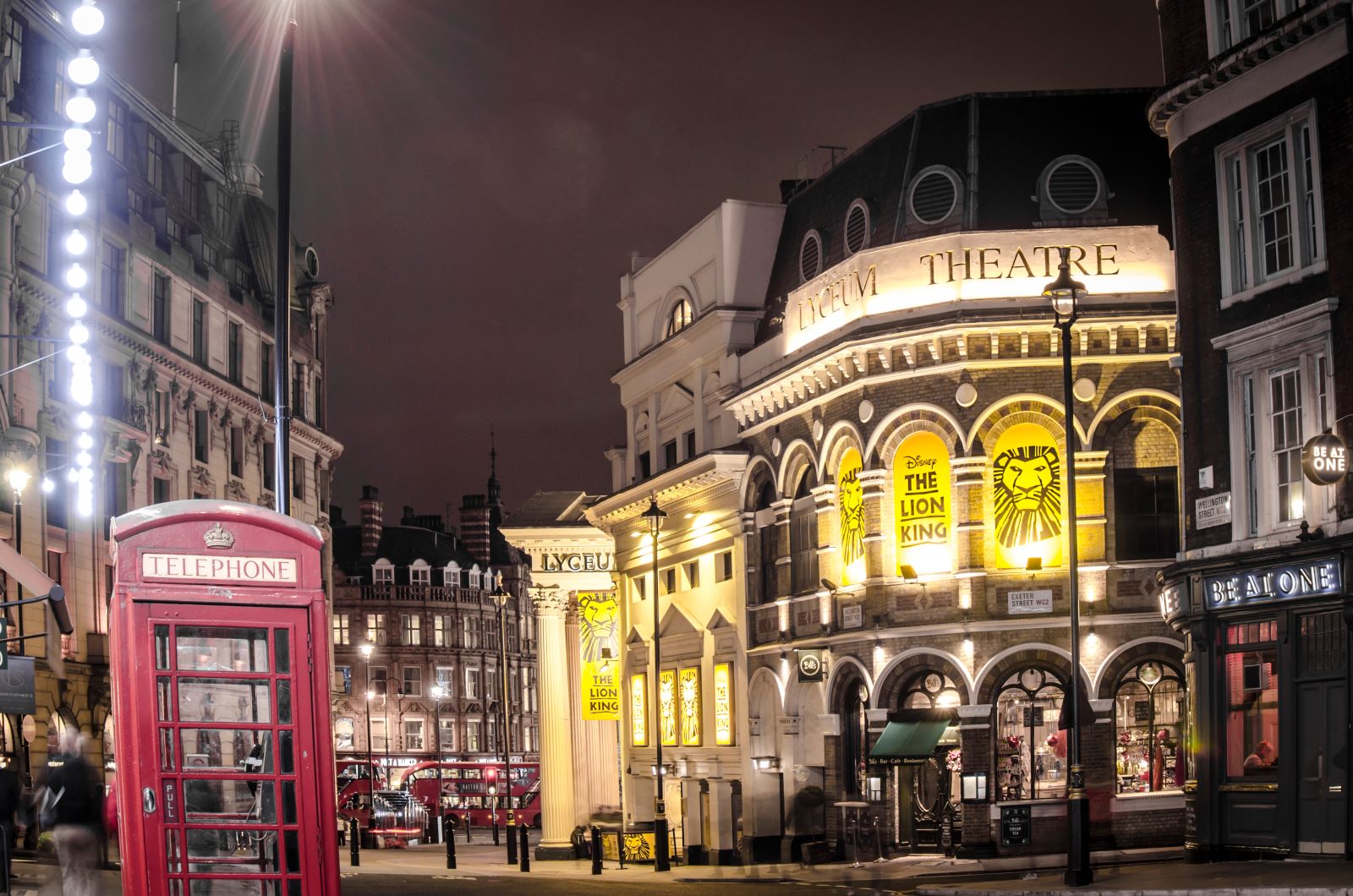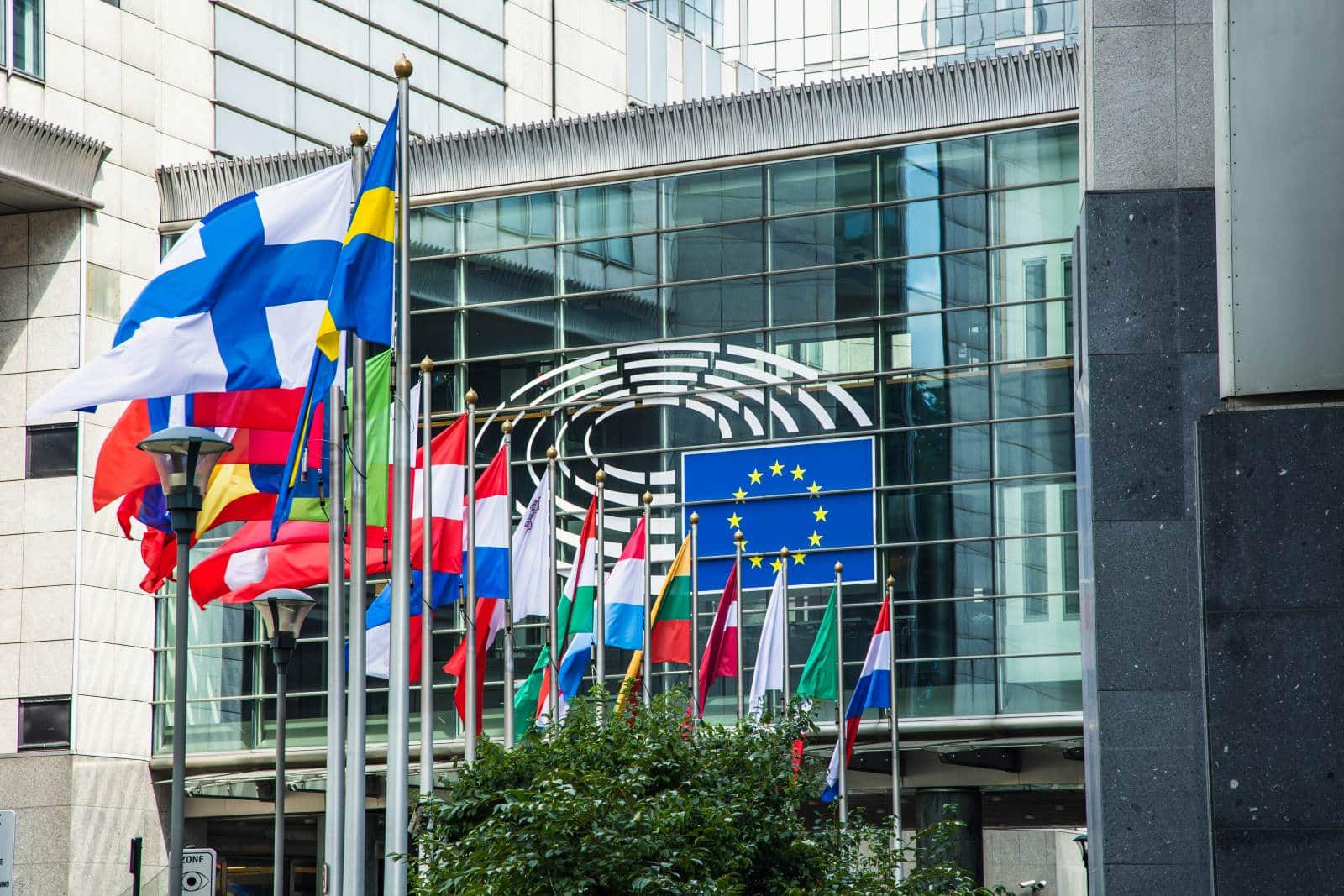Welcome to the land of crumpets, queues, and… systemic inequalities? Yes, even in the seemingly genteel UK, white privilege still reigns supreme in various corners of society. It’s like trying to find a soggy biscuit in a cup of tea – unfortunately easy to spot. From systemic biases in education to disparities in the criminal justice system, the lingering effects of white privilege are evident. But how exactly does it manifest in contemporary British society?
1. Access to Quality Education: Where Legacy Admissions Reign Supreme

In prestigious institutions like Oxbridge, legacy admissions often favour students from affluent white families, perpetuating the cycle of privilege. While efforts have been made to diversify student bodies, the dominance of privately educated white students persists.
2. Employment Opportunities: Where Names Dictate Fate

Unconscious biases in recruitment processes mean that individuals with traditionally “white” names are more likely to secure job interviews and offers compared to equally qualified candidates with ethnic-sounding names. This perpetuates racial inequalities in the workplace.
3. Housing Market: Where Redlining Lives On

Redlining, the discriminatory practice of denying services or charging more for them in certain neighborhoods based on race, still affects minority communities in the UK. This limits their access to affordable housing and perpetuates residential segregation.
4. Healthcare Disparities: Where Racial Bias Impacts Treatment

Studies show that people from ethnic minority backgrounds often receive lower-quality healthcare compared to their white counterparts, leading to disparities in health outcomes. This systemic bias contributes to the perpetuation of white privilege in access to healthcare.
5. Criminal Justice System: Where Skin Color Determines Justice

Racial disparities in policing, arrest rates, and sentencing highlight the systemic biases within the criminal justice system. Black and minority ethnic individuals are disproportionately targeted and face harsher penalties compared to their white counterparts for similar offenses.
6. Media Representation: Where Whiteness Dominates Narratives

Mainstream media often perpetuates stereotypes and marginalizes ethnic minority voices, reinforcing white hegemony in storytelling and representation. This lack of diverse perspectives contributes to the normalization of white privilege in media narratives.
7. Political Representation: Where White Faces Populate Halls of Power

The underrepresentation of ethnic minority groups in politics means that decision-making processes often prioritize white interests over those of marginalized communities. This lack of diversity perpetuates white privilege in political power structures.
8. Access to Legal Aid: Where Wealth Determines Justice

The cost of legal representation means that marginalized communities, often disproportionately ethnic minorities, are unable to access justice on an equal footing. This perpetuates systemic inequalities and reinforces white privilege within the legal system.
9. Environmental Justice: Where Communities of Color Bear the Brunt

Marginalized communities, predominantly people of color, are disproportionately affected by environmental hazards such as pollution and waste disposal sites. This environmental racism perpetuates white privilege by placing the burden of environmental degradation on non-white communities.
10. Corporate Leadership: Where Glass Ceilings Remain Intact

The lack of diversity in corporate boardrooms and executive positions means that white individuals continue to dominate positions of power and influence within the business world. This perpetuates the exclusion of ethnic minorities from decision-making processes and reinforces white privilege in corporate leadership.
11. Access to Mental Health Services: Where Cultural Competence is Lacking

Ethnic minority communities often face barriers to accessing culturally competent mental health services, leading to disparities in diagnosis and treatment. This perpetuates white privilege in mental healthcare by marginalizing non-white experiences and perspectives.
12. Access to Financial Services: Where Bias Limits Opportunities

Discriminatory lending practices and lack of access to financial services perpetuate economic inequalities for ethnic minority communities. This reinforces white privilege by restricting opportunities for wealth accumulation and financial security among non-white populations.
13. Education Curriculum: Where Eurocentric Perspectives Prevail

The Eurocentric bias in education curricula marginalizes the contributions and histories of non-white cultures and societies. This perpetuates white privilege by centering whiteness in educational narratives and erasing the experiences of ethnic minorities.
14. Representation in Arts and Culture: Where Diversity Remains Elusive

The arts and cultural sectors often prioritize white artists and narratives, marginalizing the voices and experiences of ethnic minority communities. This perpetuates white privilege by reinforcing the dominance of whiteness in artistic expression and representation.
15. Access to Legal Protections: Where Discrimination Goes Unpunished

Legal protections against discrimination are often ineffective in addressing systemic biases and inequalities faced by ethnic minority communities. This perpetuates white privilege by allowing discriminatory practices to go unchecked and unchallenged.
16. Social Mobility: Where Structural Barriers Persist

Structural barriers, such as unequal access to education and employment opportunities, hinder social mobility for ethnic minority individuals. This perpetuates white privilege by limiting upward mobility and entrenching socioeconomic disparities along racial lines.
17. Access to Political Voice: Where Voter Suppression Is Real

Voter suppression tactics, such as gerrymandering and voter ID laws, disproportionately target ethnic minority communities, limiting their political representation and influence. This perpetuates white privilege by maintaining the status quo of white dominance in political power structures.
18. Access to Technology: Where the Digital Divide Widens

Marginalized communities, including ethnic minorities, often lack access to affordable and reliable internet services, exacerbating existing inequalities in education, employment, and civic engagement. This perpetuates white privilege by limiting opportunities for digital inclusion and participation.
19. Access to Public Spaces: Where Surveillance Targets Minorities

Ethnic minority communities are disproportionately subjected to surveillance and policing in public spaces, leading to feelings of harassment and intimidation. This perpetuates white privilege by reinforcing the perception of non-white individuals as threats or outsiders.
20. Access to Transportation: Where Transit Deserts Exist

Marginalized communities, particularly those in urban areas, often lack access to affordable and reliable transportation options, limiting their mobility and access to essential services. This perpetuates white privilege by privileging the mobility and convenience of white individuals over those of non-white communities.
21. Access to Cultural Institutions: Where Exclusion is Embedded

Cultural institutions, such as museums and galleries, often fail to represent the diverse histories and experiences of ethnic minority communities. This perpetuates white privilege by privileging white narratives and excluding non-white perspectives from cultural discourse and representation.
Challenging White Privilege in the UK

As we navigate the complexities of contemporary British society, it’s imperative to acknowledge and confront the pervasive nature of white privilege. Only through concerted efforts to dismantle systemic biases and inequalities can we strive towards a more just and equitable future for all. Let’s continue the dialogue and take meaningful action to challenge and dismantle white privilege in all its forms.
The post 21 Ways White Privilege Remains Evident in the UK Today first appeared on Edge Media.
Featured Image Credit: Shutterstock / Cast Of Thousands.
For transparency, this content was partly developed with AI assistance and carefully curated by an experienced editor to be informative and ensure accuracy.

